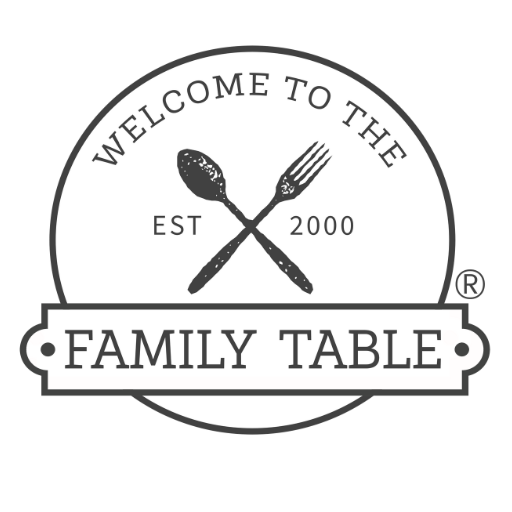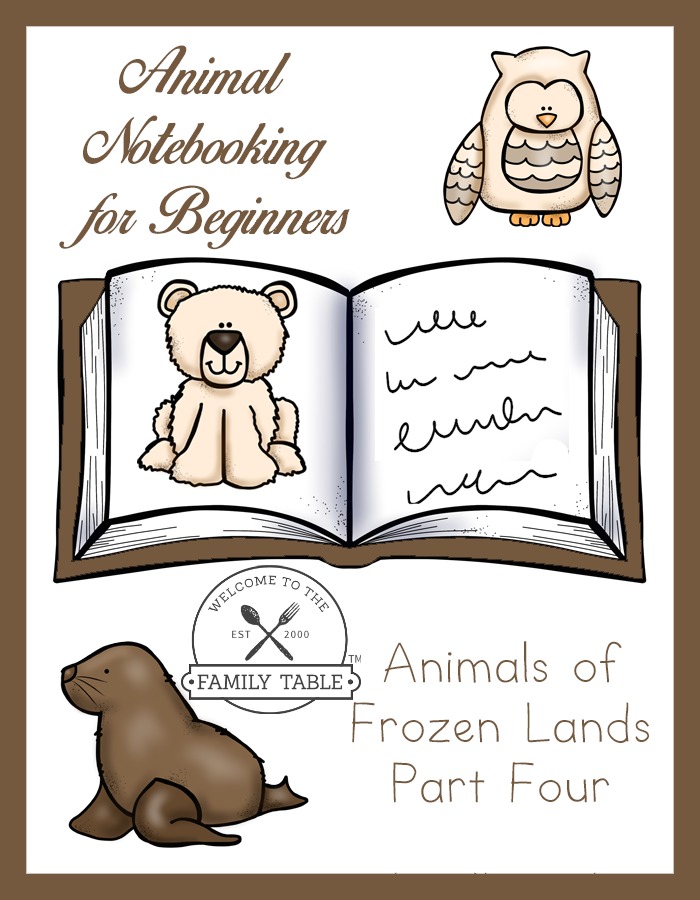How to Homeschool Your Child with Dyslexia
If you’ve been reading So You Call Yourself a Homeschooler? for any length of time, you are familiar with the realities of homeschooling. Although there are many benefits to teaching your children at home, it can be one of the most difficult things a parent will ever do. Having a child that does not learn like the majority of other children is one of those challenges. Many parents of dyslexic children may want to homeschool but wonder if it really is the best option for their family.
What is Dyslexia?
The classic sign of dyslexia is a bright child who is struggles learning to read. There are common signs and characteristics that parents and teachers can look for.
In Preschool
- delayed speech
- mixing up sounds and syllables in long words
- stuttering
- left-right confusion
- trouble rhyming
- trouble memorizing their address, phone number, or the alphabet
- trouble learning to tie shoes
In Elementary School
- does not enjoy reading but likes being read to
- slow, inaccurate reading
- uses context clues rather than sounding words out
- skips or misreads little words (at, to, of)
- poor spelling – very phonetic
- trouble telling time on a clock with hands
- difficulty expressing self
- inattentiveness, distractibility
- slow and messy handwriting – also called dysgraphia
- letter and number reversals after first grade
- trouble memorizing math facts
- hesitant speech; difficulty finding the right words to express self
- extremely messy bedroom, backpack, or desk
- dreads going to school
Common Concerns About Homeschooling a Child With Dyslexia
A common fear that parents have of homeschooling their dyslexic children is that they believe that they are unqualified to adequately teach them.
The truth of the matter is that teaching a child with dyslexia does require extra effort, specific methods and curricula, plus creativity and perseverance.
Another truth is that regular, credentialed schoolroom teachers have had little to no training on learning disabilities, what the warning signs are, or how they are best treated. Although the law is set up to help kids with learning disabilities, it is not an easy, straight-forward process. The public school is a large institution with many kids to care for.
According to the International Dyslexia Association, dyslexic students need direct, systematic, and individual instruction in reading and spelling, and traditional schools do not always provide adequate levels of service.
Over the past 17 years that our family has homeschooled our kids with dyslexia, I have learned by experience that not only is it possible, but in my humble opinion, it is the best option if it is within your power to do so.
Benefits to Homeschooling a Child With Dyslexia
Besides allowing your child the freedom to learn at their own pace and use the methods best suited to their learning styles, there are other reasons why homeschooling is a better environment for educating your child who learns differently.
- Allows for the necessary individualized instruction in all subject areas: reading, spelling, composition, and comprehension.
- Allows for kids to focus on areas of interest and for lessons to be planned around those interests.
- Allows for freedom from being measured against peers with no learning difficulties, day in and day out.
- Allows for your child to work at their own pace using resources that work best with their individual strengths.
- Homeschooling necessarily avoids the rigid scheduling and standardized testing {and the practice of teaching to the test} that is required in the public schools.
There is no one who knows, or cares for, your child like you do. The resources are out there. It can be done.
If you suspect that you or one of your children may have dyslexia you need to know two things:
- There is no magic cure for dyslexia. A dyslexic child will become a dyslexic adult.
- All children {and adults} can learn to read and write.The earlier you get started teaching with the right methods, the better.
Getting informed is the first step in helping your dyslexic child regardless of where they are educated.
Dyslexia 101
I wrote the ebook Dyslexia 101 because of our own experience raising and homeschooling our 7 kids with dyslexia. I know how it feels to be utterly confused by an otherwise bright child who just doesn’t ‘get’ reading. I know how overwhelming it was to search through web site after web site, book after book, searching for the answers. I know how many false starts and disappointments we went through before we found what really works. I saw how being unable to read and write well affected my kids as they grew up. How I wish I could go back, knowing what I know now and do things differently.
With the correct information and the right methods, dyslexic children can not only learn to read and spell and write, but to understand the inherent strengths of the dyslexic mind, embrace them, and find success.
Dyslexia 101 is a comprehensive, straight-forward guide to parenting and educating a child with dyslexia, including chapters on:
- defining dyslexia
- when and how to get testing
- how to teach reading
- navigating the public school system
- homeschooling a dyslexic child
- when to hire a tutor
- high school and college
Plus an extensive list of resources including books, web sites, blogs, technology, and reputable national and international dyslexia organizations.
For more information, visit the Dyslexia 101 Landing Page by clicking on the image below:
 Marianne Sunderland is a homeschooling mother of 8 lively and adventurous children – 4 boys and 4 girls. Married for more than 20 years, she attributes all of her worldly ‘successes’ to an ever-deepening walk with God. Her heart’s desire is to encourage other wives and mothers and attempts to do so at her blog, Abundant Life.
Marianne Sunderland is a homeschooling mother of 8 lively and adventurous children – 4 boys and 4 girls. Married for more than 20 years, she attributes all of her worldly ‘successes’ to an ever-deepening walk with God. Her heart’s desire is to encourage other wives and mothers and attempts to do so at her blog, Abundant Life.



